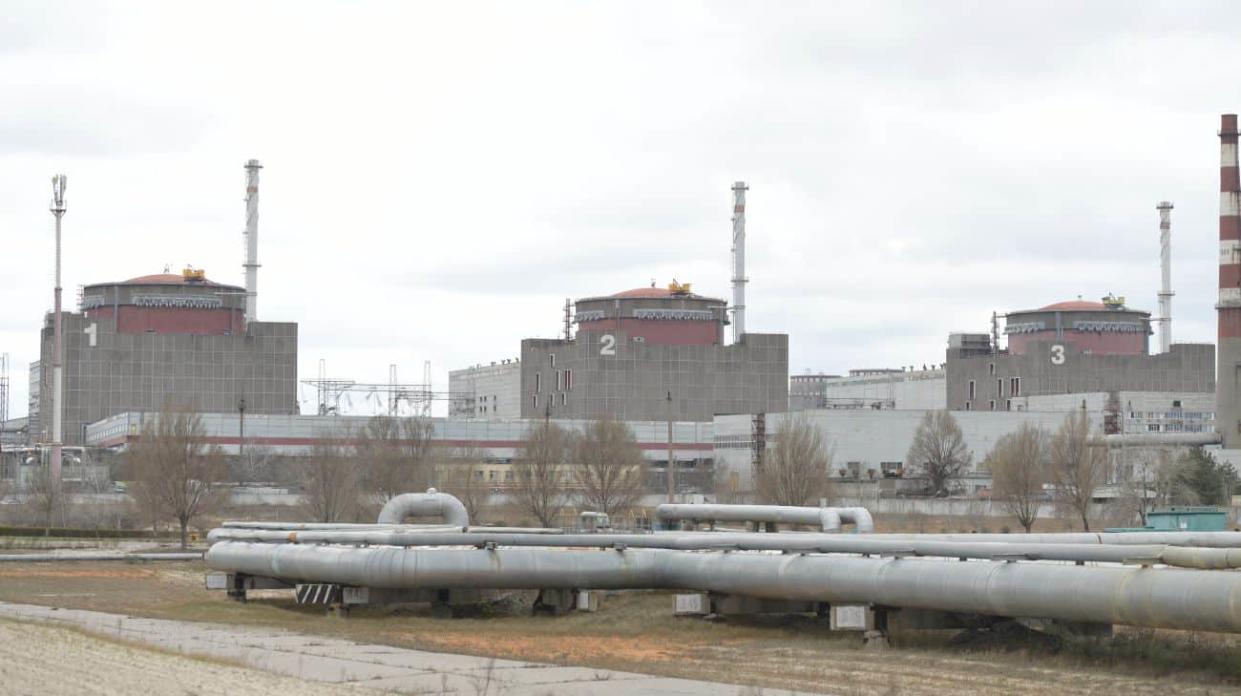All 6 Zaporizhzhia Nuclear Power Plant power units in cold shutdown for first time since 2022 – IAEA

- Oops!Something went wrong.Please try again later.
- Oops!Something went wrong.Please try again later.
All six power units of the Russian-occupied Zaporizhzhia Nuclear Power Plant (ZNPP) have been switched to the cold shutdown mode for the first time since 2022.
Source: International Atomic Energy Agency (IAEA), referring to Director General Rafael Grossi
Details: Reportedly, all six power units are in a cold shutdown mode after the power unit No.4 was put into this state early on Saturday morning.
On Friday morning, the plant began the transition of the power unit No.4 from hot to cold shutdown, which was completed on Saturday at 07:30. The decision to take this step was made after the winter heating season recently ended in the neighbouring city of Enerhodar, where most of the plant's staff live, the IAEA said.
Quote from Grossi: "I welcome this development which has been recommended by the Agency for some time, as it enhances the overall safety of the facility...
The decision to have all six units in cold shutdown is positive in itself, as the cooling down of the reactor provides an additional buffer in case of an accident. But it doesn’t address the fundamental issue of a recent sharp deterioration of the situation at the plant. Without a doubt, nuclear safety and security at this major nuclear facility remains very precarious."
More details: The IAEA noted that Ukraine’s State Nuclear Regulatory Inspectorate had previously issued regulatory orders to limit the operation of all six ZNPP units to a cold shutdown.
Background: The Wall Street Journal reported that Russian leader Vladimir Putin informed the International Atomic Energy Agency (IAEA) that the Kremlin plans to restart the Zaporizhzhia NPP, which is currently under Russian control. This significantly increases the risks of an incident at Europe's largest nuclear power station.
Support UP or become our patron!

